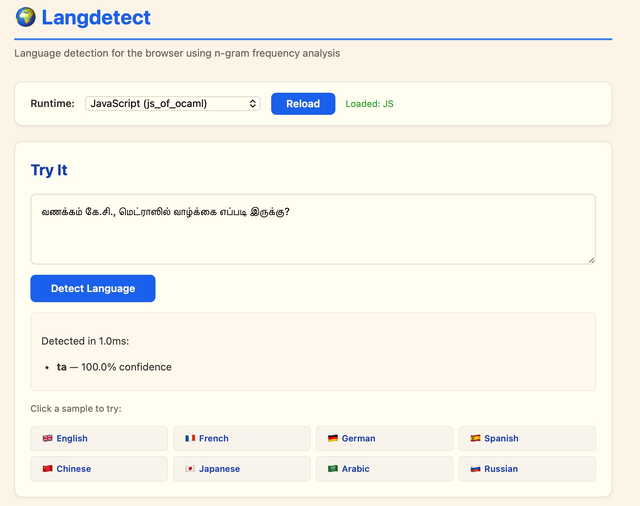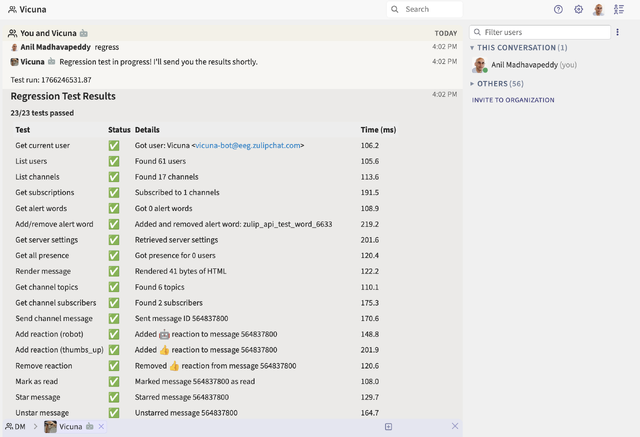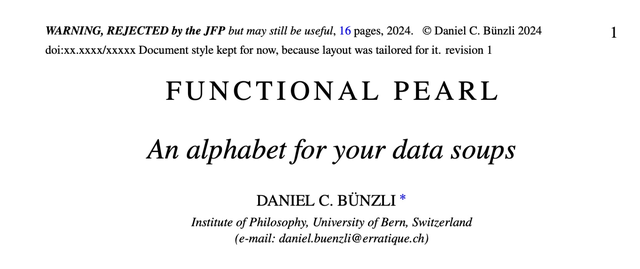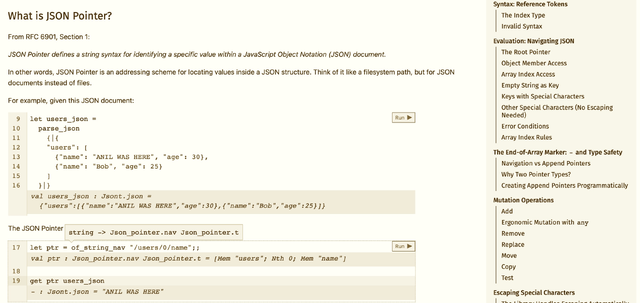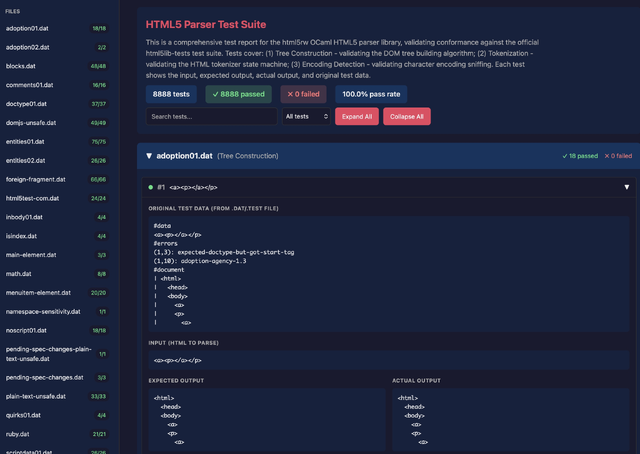Blog
The OCaml Planet RSS
Articles and videos contributed by both experts, companies and passionate developers from the OCaml community. From in-depth technical articles, project highlights, community news, or insights into Open Source projects, the OCaml Planet RSS feed aggregator has something for everyone.
Want your Blog Posts or Videos to Show Here?
To contribute a blog post, or add your RSS feed, check out the Contributing Guide on GitHub.
Porting the W3C's Nu HTML Validator from Java to OCaml and running in the browser dynamically
Porting the Nu HTML Validator's language detection to OCaml, then optimizing from 115MB to 28MB and fixing WASM array limits for browser deployment.
Building an OCaml Zulip bot framework with functional handlers, and pivoting from TOML to INI codecs for Python configparser compatibility
Building tomlt, a pure OCaml TOML 1.1 parser with bidirectional codecs following the jsont design patterns
Quite often, you install a new package from opam and are keen to jump right in and want a tailored example for your use case. This happened to me during Day 12 of Advent of Code.
Building an OCaml JMAP client that runs in browsers and CLI, then using it to build personalised email workflows for taming notification overload.
Building interactive OCaml tutorials that compile to JavaScript, using agents to generate executable documentation that teaches protocols like JSON Pointer while you code review.
Vibespiling JustHTML from Python to pure OCaml, achieving 100% pass rate on the browser html5lib test suite using agentic workflows.

